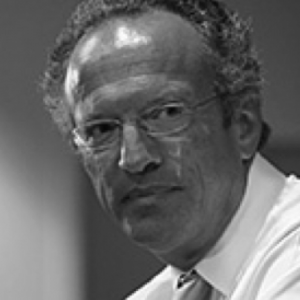Universities and the common good: A global conversation about how to respond to contemporary challenges
Pratap Bhanu Mehta, Adam Habib, Eva Brems
Universities play a crucial role in modern democracies: as knowledge generators through research and facilitators of critical and independent thinking, through learning, teaching and debate. With the rise of the “third wave” of autocratisation in the last decade, universities have come under attack across the globe and not surprisingly we have seen a sharp decline in academic freedom. To contribute to an emerging global conversation about how universities should respond to contemporary challenges, this event will draw together scholars from across the globe who have engaged with the challenges universities now face either in their own universities or in building solidarity with other universities. Panelists will examine how universities should understand their role in contemporary democracies and what they should do not only to resist the attacks, but to strengthen universities to ensure that they enable research, learning, teaching and debate for the common good.
Speakers
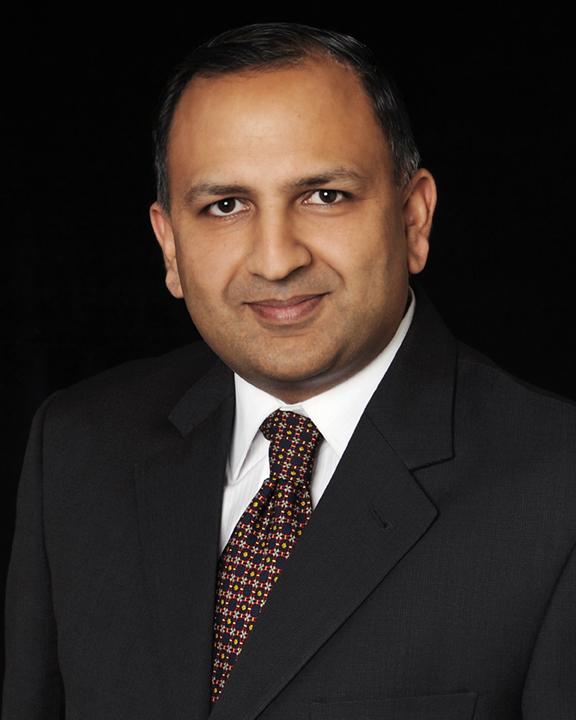
Pratap Bhanu Mehta
Pratap Bhanu Mehta is Laurence Rockefeller Visiting Professor for Distinguished Teaching at Princeton University and Senior Fellow, Centre for Policy Research Delhi. He was previously Vice- Chancellor of Ashoka University, and President, Centre for Policy Research. He has also held appointments at Harvard University and NYU Law School. He has published extensively in the fields of political theory, constitutional law, international relations, intellectual history and the politics of India. is the author of The Burden of Democracy (Penguin 2003) and has produced several edited volumes. He is co-editor, with Madhav Khosla and Sujit Choudhary of The Oxford Handbook to the Indian Constitution, with Milan Vaishnav and Devesh Kapur, India’s Public Institutions, with Niraja Jayal, The Oxford Companion to Indian Politics. His forthcoming books include a History of Global Political Thought in the Twentieth Century. He is also Honorary Fellow, St. John’s College Oxford and Fellow of the British Academy.
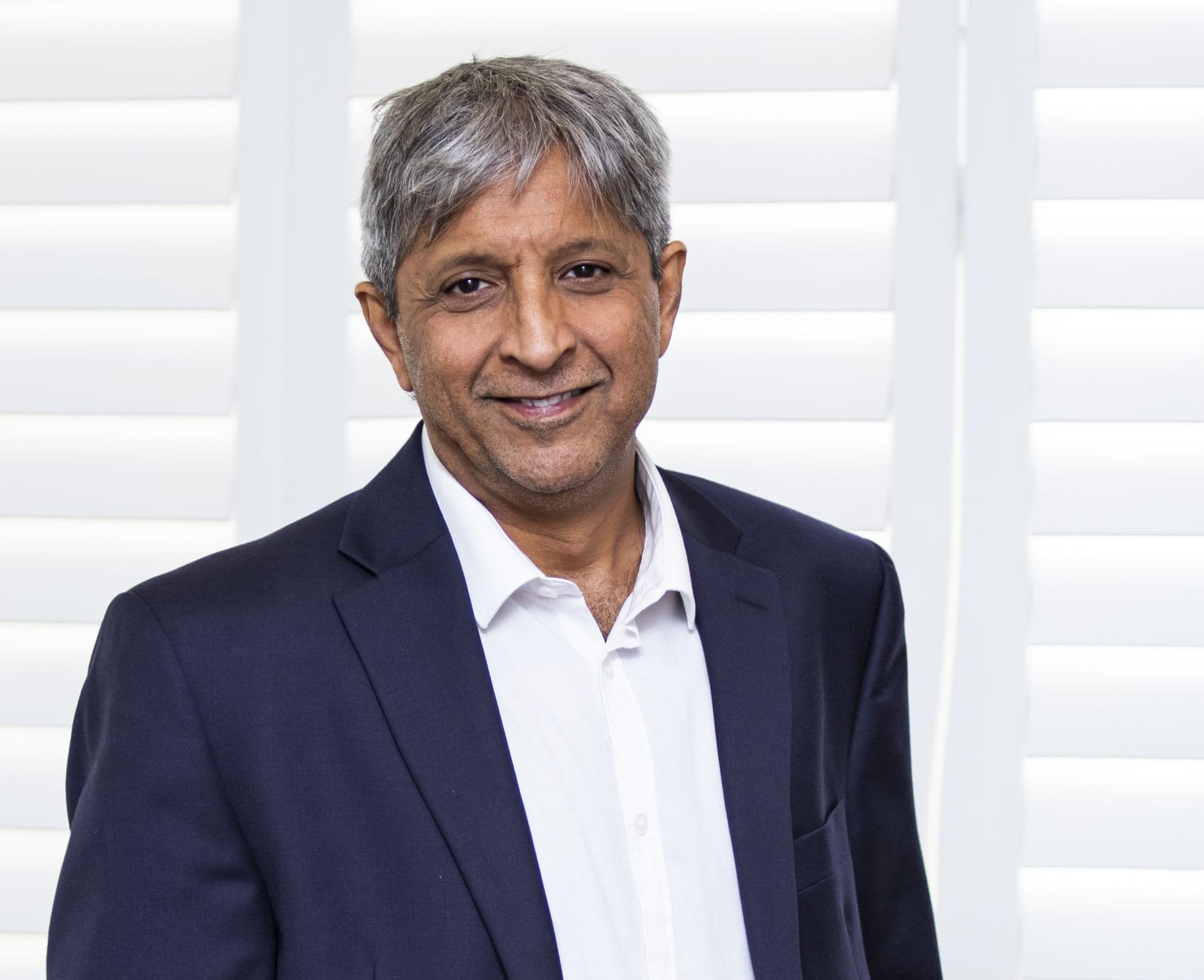
Professor Adam Habib
Professor Adam Habib is a highly experienced university leader, scholar and well-known public intellectual. He became the Vice-Chancellor (formerly Director) of SOAS University of London in 2021.
A Professor of Political Science by background, Adam has over 30 years of academic, research and administration expertise, spanning five universities and multiple local and international institutions. He has specialised in researching democratisation, contemporary social movements, institutions and inequality, particularly in the context of his country South Africa.
Prior to his appointment as the Vice-Chancellor of SOAS, Adam was Vice-Chancellor and Principal of the University of the Witwatersrand (Wits) in Johannesburg from 2013 onwards, achieving great success in terms of enhancing the university’s standing as one of Africa’s leading world-class universities.
Over the past 3 years, Adam has been one of the most prominent and distinctive voices in UK university leadership community on the issues of freedom of expression and academic freedom. A self-described activist and a champion of open, engaging debate on contentious issues, Adam has been critical of what he perceives as the reluctance of some in the sector to give proper credence and attention to growing challenges relating to freedom of expression on campuses, particularly in terms of students and staff reporting instances of self-censorship within and beyond the classroom.
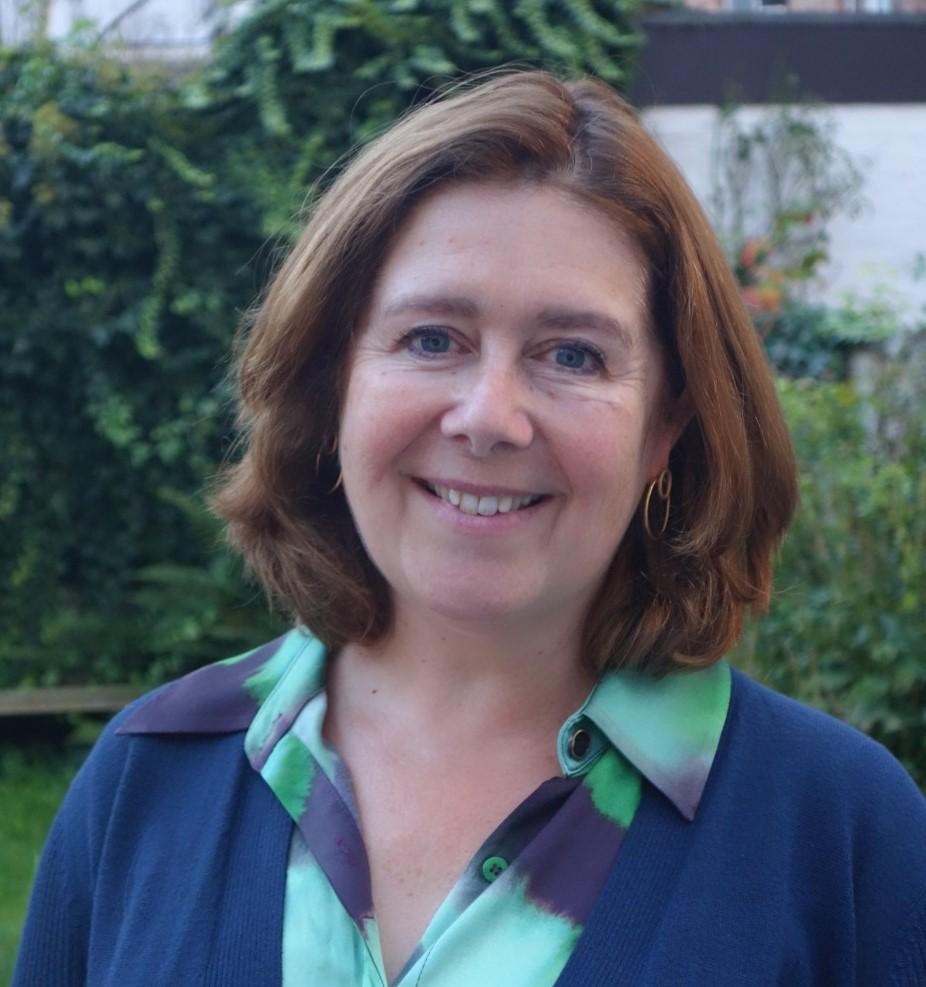
Eva Brems
Eva Brems is a professor of human rights law at Ghent University (Belgium), where she founded and leads the Human Rights Centre.
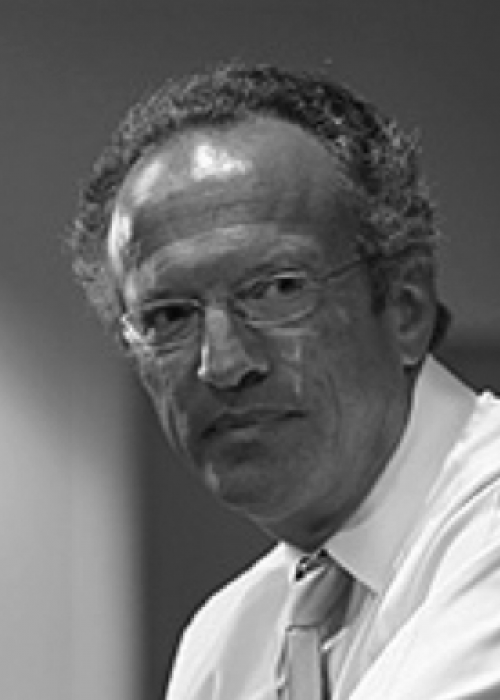
Professor Chris Stone
Chris Stone is Professor of Practice of Public Integrity at the Blavatnik Schoool of Government. Chris also serves on the Bonavero Institute Advisory Council.
Chris has blended theory and practice throughout a career dedicated to justice sector reform, good governance, and innovation in the public interest, working with governments and civil society organisations in dozens of countries worldwide. He has served as president of the Open Society Foundations (2012-2017), as Guggenheim Professor of the Practice of Criminal Justice at Harvard’s Kennedy School of Government (2004-2012), as faculty director of the Hauser Center for Nonprofit Organizations at Harvard University (2007-2012), and as president and director of the Vera Institute of Justice (1994-2004).
As the second president of George Soros’s global philanthropies, Chris unified and streamlined the Open Society Foundations, building it into one of the world’s largest philanthropic enterprises, spanning public health, education, internet freedom, independent journalism, public integrity, economic advancement, human rights, and the rule of law. He put highest priority on building strong organisations for the long-term in each country and field where the foundations worked. Chris’s leadership at OSF built on his work at Harvard’s Hauser Center for Nonprofit Organizations where he taught the strategic management of nonprofit organisations, published research on the role of “brand” in the social sector, and helped establish the Initiative on Responsible Investment within the Center.
Throughout his career, Chris’s principal focus has been criminal justice reform in countries from the United States and the United Kingdom to Chile, China, India, Nigeria, South Africa, Turkey, and more. Chris has been an advisor to public defenders, police leaders, and public prosecutors, assisting at the creation of the Crown Prosecution Service of England and Wales, the National Prosecuting Authority of South Africa, and the Office of the Prosecutor of the International Criminal Court. He led the Kennedy School’s Program in Criminal Justice (2005-2012) including chairing Executive Sessions on Policing and Public Safety, Judicial Leadership, and Human Rights Commissions, as well as leading the development of indicators to measure improvement in the quality of justice.
Early in his career, he served as a public defender in Washington, DC, he co-founded the Neighborhood Defender Service of Harlem, and chaired the board of the New York State Capital Defender Office. In 2005, he received an honorary OBE for his contributions to criminal justice reform in the United Kingdom.


